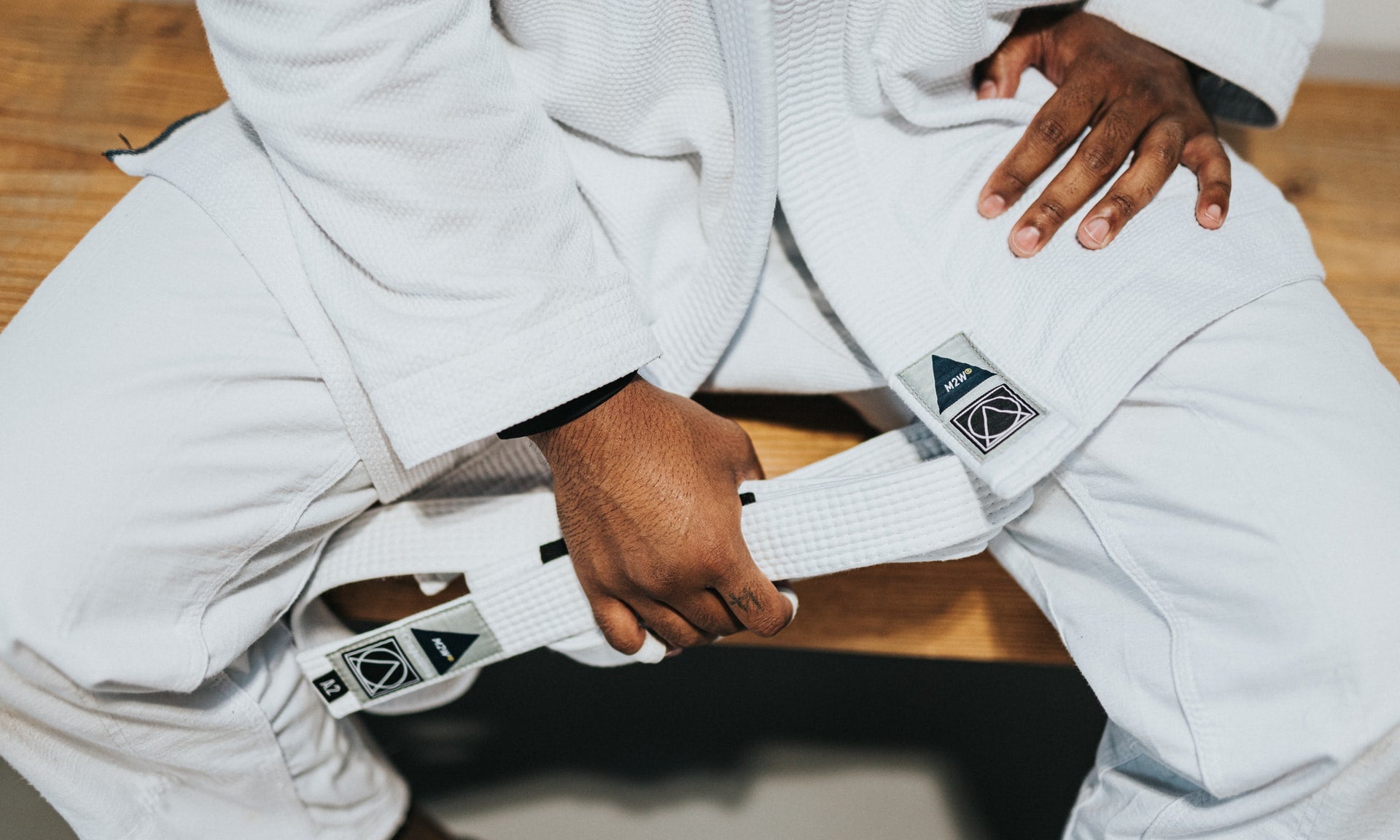You might think that the majority of people leave their job because of money or the lack of career advancement opportunities. But in fact, over 70 percent of those who change employers do so due to having to work for a bad leader. In this article, we'll share five proven ways for you to up your leadership game.
- Set an Example by Serving Others
As you rise up the leadership ranks, some things that you used to do might start to seem trivial to you. But no matter how high your career flies, you should never get too big to do the smallest task. One of the most powerful images in the compelling Netflix documentary Last Chance U: Basketball is of head coach John Mosley mopping the floor of East LA’s practice gym. He could’ve delegated this thankless task to an assistant or player, but when he saw that the floor was filthy, he decided to take it upon himself to clean it so it was safe to play on. A later episode shows players carrying weight plates and medicine balls back to where they’re supposed to be stored after finishing one of the team’s traditional post-game lifting sessions, so that the strength coach won’t have to waste his time cleaning up. Assistant coach Rob Robinson does the team’s laundry and makes sure each player’s jersey is placed in front of his locker before every game.
Coach Mosley and his staff are a living embodiment of servant leadership. We don’t have to look far to find others. KIND founder Daniel Lubetzky inspired millions of people to perform random acts of kindness for strangers, has started multiple nonprofits to bring communities together, and donates millions to charity each year. Larry Janesky, the CEO of a $100 million company, often cleans up trash left on the bathroom floor of his firm’s HQ. Your local soup kitchen serves hundreds of meals to the homeless every week.
Self-Reflection Questions
How can you emulate Mosley, Lubetzky, Janesky, and those who serve your community for the sake of simply helping others? What are the little things that nobody wants to do in your home or business? Who would it help and show a good example to if you demonstrated your willingness to do the dirty work?
- Identify and Embody Core Values
When Steve Kerr was appointed head coach of the Golden State Warriors, many members of the sports media slammed the Bay Area team for selecting someone who they believed was inexperienced. But what the talking heads didn’t realize was that Kerr had been preparing for that moment his entire life. He had the blessing of being guided by legendary coaches like Lute Olson, Phil Jackson, and Gregg Popovich. When Kerr transitioned into the broadcasting booth, he picked the brain of Jeff Van Gundy, who had masterminded the deep playoff runs of the New York Knicks. And then Kerr was urged by Seattle Seahawks coach Pete Carroll to select four core values that would inform the Warriors’ culture.
Accepting Carroll’s challenge, Kerr settled on joy, mindfulness, compassion, and competition. The first was embodied by Steph Curry and Klay Thompson’s exuberant play and was furthered by Kerr’s insistence that the Warriors make every player feel valued by making over 300 passes in every game. Draymond Green stoked the team’s competitive fire, as did veteran leaders like Shaun Livingston and Andre Iguodala. And the team showed how much they cared for each other by the way the starters celebrate the dunks and three-pointers made by reserve players. The results of building a culture around what Carroll calls the Core Four values? Three NBA titles, two MVP and one Coach of the Year awards, and an NBA single-season record 73 wins.
Self-Reflection Questions
How can you follow Kerr’s lead by picking, getting buy-in for, and embodying four core principles that guide everything you and your team does? How can these tenets help your team become better? What do you need to do that would reinforce these principles on a daily basis?
- Create a Culture of Accountability
The larger the organization you’re a part of, the easier it can be to hide mistakes and times when you fall short of expectations. Or it could be that some people take responsibility and always strive to do better the next time, while others think they’re above constructive criticism or actively try to dodge being accountable to their peers. We see this in companies, sports teams, and families, and ultimately, unless everyone is held to the same standard, nobody will achieve it in the long run. In his hard-hitting book Across the River, Washington Post reporter Kent Babb follows the highs and lows of the Edna Karr High School football team in New Orleans. Some of the players don’t have consistent access to food and running water, almost all live in crime-ridden neighborhoods, and many come from homes broken by murder, imprisonment, and substance abuse.
One of the ways that head football coach Brice Brown prepares young men to rise above their circumstances and thrive in life is by making them hold each other to account after every practice, camp, and game. Each season, the coaching staff elects certain players to the Pride Panel, which Babb describes as “a sort of tribal council composed of team leaders selected by coaches because of their on-field ability and maturity. It’s also the psychological centerpiece of training camp, and perhaps the Karr program at large.” The way that Karr players and coaches come at each other in Pride Panel meetings, which can run into the early hours of the morning, could seem harsh. But its actually purposeful for each leader to be put on the hot seat. This is “to put kids on the spot and make them as uncomfortable as possible. Most important, it’s to have them make choices under duress – and to experience the consequences.”
All too often, we think that younger people want to feel coddled and insulated from criticism, but Coach Brown and his assistants know that this will actually do their players a disservice. Their daily lives are unforgiving, and they need to become resilient enough to take their licks in front of their peers if they’re to have any chance on the football field, on the street, and in the big, bad world after they graduate. If they can handle the cauldron-like heat of Pride Panel, they’ll be able to do anything they set their minds to.
Self-Reflection Questions
How could you establish a Pride Panel at your company? What lessons could you take from Coach Brown and apply to your family or your child’s youth sports team? How can you build a greater degree of accountability into your own life?




















